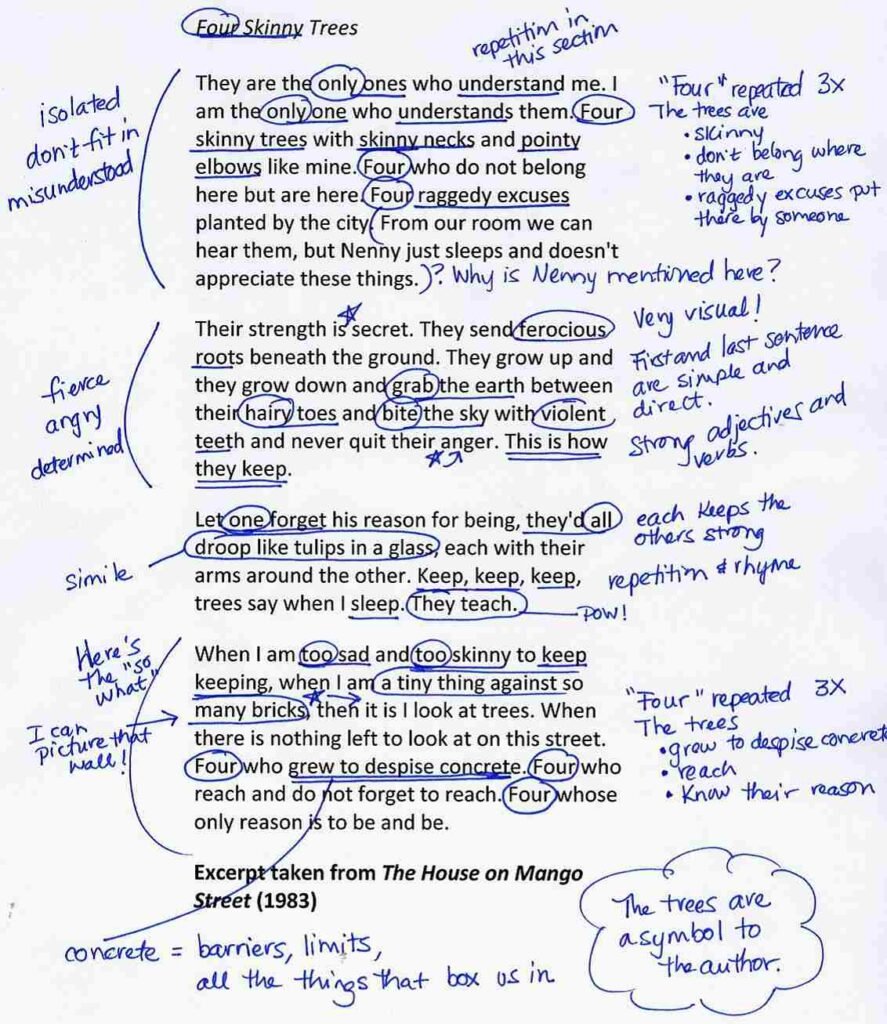I know you are familiar with annotation and you are reading this page to know the things you annotate in a book. I would love to give you an overview of what annotation is and if you are eager to see the things you can annotate, simply scroll down.
Except you were given an assignment, or in a deeper level of study, chances are, you may not want to annotate the book you are reading. To annotate something means to add notes no more than 150 words, highlight your favourite passage, insert simple commentary or explanation of the subject at hand. You can annotate books (both fiction and nonfiction), poems, articles, and even images.
Such notes are usually found in the margins of a text. When reading for pleasure, annotating is completely optional. Why? because you examine what you are reading on a deeper level, since they slow down and take the time to notice where they might have questions, identify symbols, or form opinions. You can see the list of things to annotate in a book below.
The following approach to annotating will help you to use your reading time to your best advantage.
- Familiarize yourself with the contents of the book or article.
- Examining the table of contents, the foreword, and the introduction can be helpful.
- Read as much of the book or article (or watch the video/listen to the podcast) as is necessary to understand its content.
- Outline or make notes of the information you think should be incorporated in the annotation.
- Write a paragraph that covers the spirit of the book or article without undue emphasis on any one or more particular points.
- Individualize annotations in the text; avoid using the same words and repetitive phrasing.
- Write in complete sentences
- The most effective annotation is tightly written with succinct and descriptive wording. Annotations are short notes and are normally no more than 150 words. Brevity and clarity are the goals.
17 things to annotate in a book
- Underline for key points
- Highlight new or unknown vocabulary
- Circle for transition points
- Questions/Confusing part
- Predictions
- Connections
- Date/Time
- Reference within text
- Quotes
- Evident
- Repeated words
- Conflict
- Character/Object Info
- Figurative expression
- Rhythms
- Visual
- Language
Why is annotating important?
Now that I have mentioned things to annotate in a book, see 2 reasons why annotating is important.
- By annotating a text, you will ensure that you understand what is happening in a text after you’ve read it. As you annotate, you should note the author’s main points, shifts in the message or perspective of the text, key areas of focus, and your own thoughts as you read.
- Annotating will help you summarize a text, highlight important pieces of information, and ultimately prepare for questions if any.

References:
http://leo.stcloudstate.edu/research/MLA.html
https://research.ewu.edu/writers_c_read_study_strategies
https://www.customwritings.com/annotated-bibliography.html
